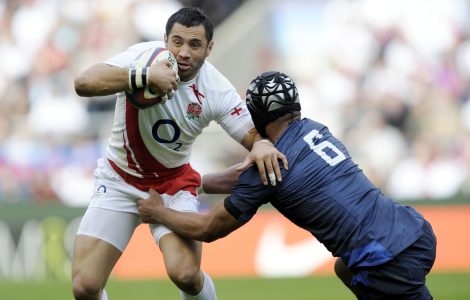History of the 6 Nations
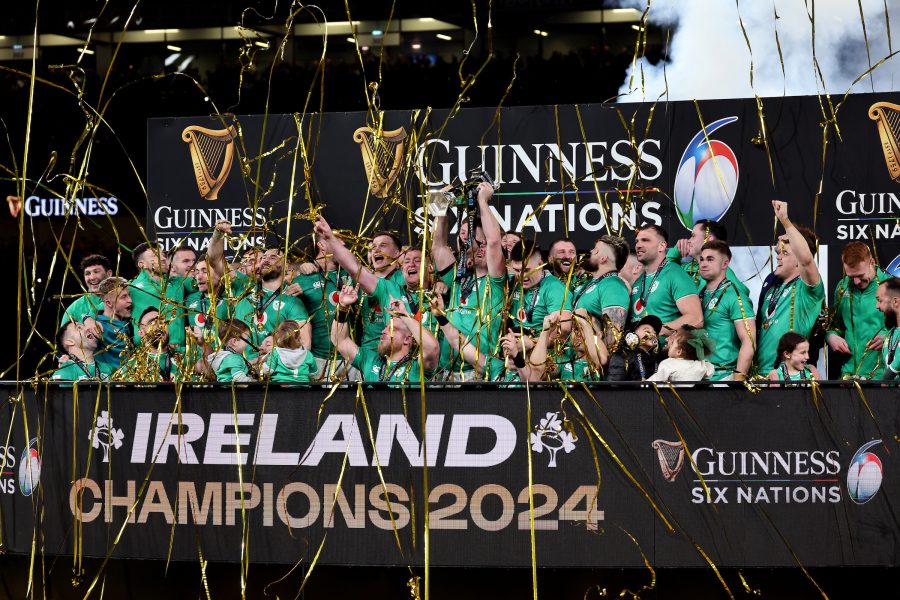
For rugby fans in the Northern Hemisphere and around the world this time of year is almost like a second Christmas, as the New Year ushers in the latest edition of the 6 Nations. For many this has always been the status quo for a long time, with Europe’s elite in Ireland, France, England, Scotland, Italy and Wales but this has only been a small fraction of this illustrious competition’s history, with its current version having only existed since the turn of the millennium. That begs the question of how we got here and how did the six participants come together to create one of the most popular events in the European sporting calendar?
Start of the Home Nations (1883-1909)
- Matches between the home nations started as early as the first international back in 1871 between England and Scotland, who regularly contested the Calcutta Cup prior to the formation of any tournament.
- Ireland and Wales also start to participate in fixtures before the decision to create the Home Nations Championship.
- England claimed the first ever Home Nations title in March 1883.
- Took over a decade for each side to finally win their first title.
- Lasted 26 years before the addition of France.
The inaugural Home Nations Championship contested from December 1882 to March 1883, England would go on to claim the title. In that tournament England would also complete the first Triple Crown (defeating all the other home nations in the same tournament), although that term didn’t come into fruition till 1894.
England and Scotland traded titles into the early 1890’s, where Wales finally broke the stronghold of the Auld enemies in 1893 when they claimed their maiden title. Ireland got their championship count off the mark a year later in 1894.
In the final years of this version of the competition Wales would also claim the first two Grand Slams ever recorded in 1908 and 1909. This period also saw England go on a considerable draught as they went nearly two decades without winning a title, which ended in the first season of the 5 Nations.
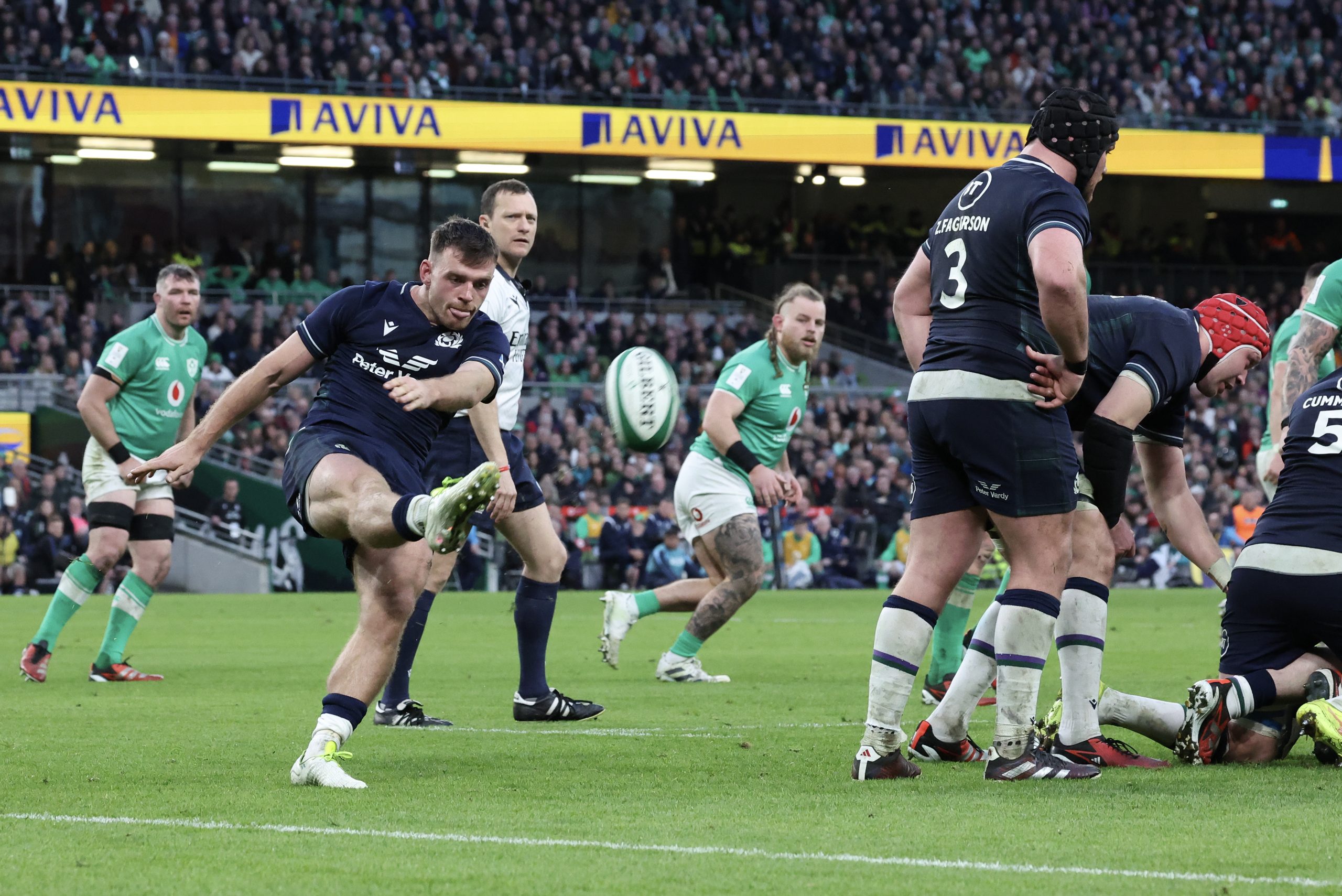
Birth of the French and ‘Professional’ Rugby Revolution (1910-1931)
- Les Blues joined the Home Nations in the 1910 Championship top create the 5 Nations.
- While they held their own weight against more experienced opposition, it was ultimately a poor 21-year period for the French.
- England claimed nearly 50% of the titles in this short stint of the 5 Nations.
- Ended in 1931 with France’s expulsion.
While modern French rugby maybe one of the top destinations for coaches, players and fans alike it was a very different landscape in the 1910. When Les Bleus joined, they were made to wait till their second season to record their first win when they beat Scotland on the opening day of the 1911 tournament 16-15 in Paris. That slow start represented a lot of their time in the original 5 Nations, as they occasionally recorded a win outside of 1921 Championship. That year they manged to claim an unprecedent second place finish following wins against Scotland and Ireland.
Back in the British Isles, England had reclaimed their early Home Nations dominance as they won 10 titles (two were shared) in the 21 years the tournament ran, seven of which were Grand Slams. Meanwhile, the three other nations all claimed a couple of titles throughout that time until the eventual return of the Home Nations in 1932. France were expelled from the tournament amid rumours of professionalism coming into the French domestic game and administrative deficiencies. Although it wasn’t too long till they returned for good.
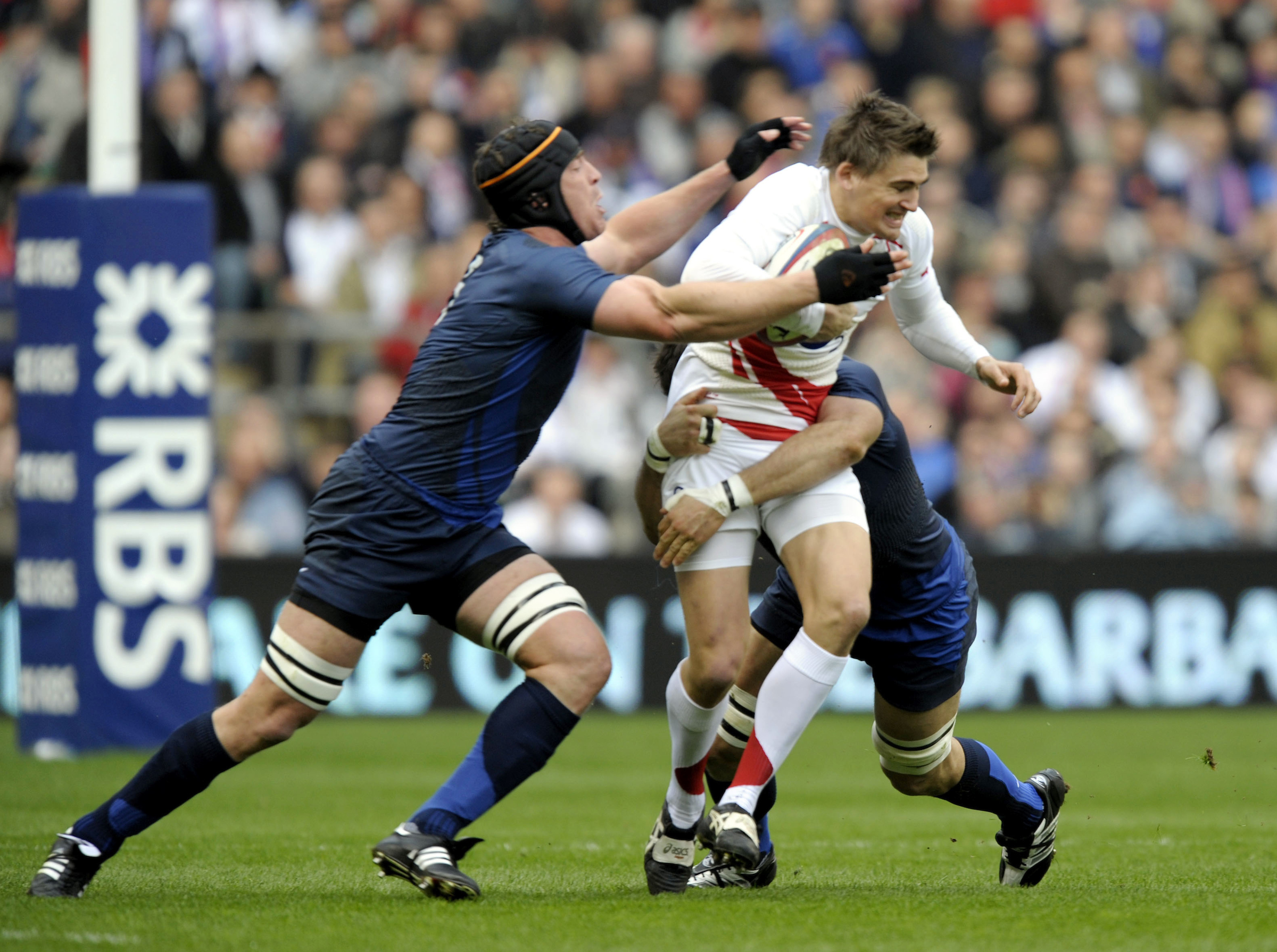
Home Comforts (1932-1939)
- Most competitive time between the 4 home nations with a fairly even share of titles.
- England claimed the landmark 50th edition of the tournament with a win 6-3 over Scotland in April 1837.
The removal of France changed very little in the grand scheme of things, with the return of the Home Nations Championship there was a sign of just how equal all four teams were. In the nine years prior to World War 2 the title was shared twice (between England, Wales and Ireland both times), won twice by Scotland and England out right, with Wales and Ireland both getting a single Championship to their names.
1939 was the last time we ever saw the Home Nations Championship, as France were set to return. Although, that was put on hold as WWII put a pause on international rugby.
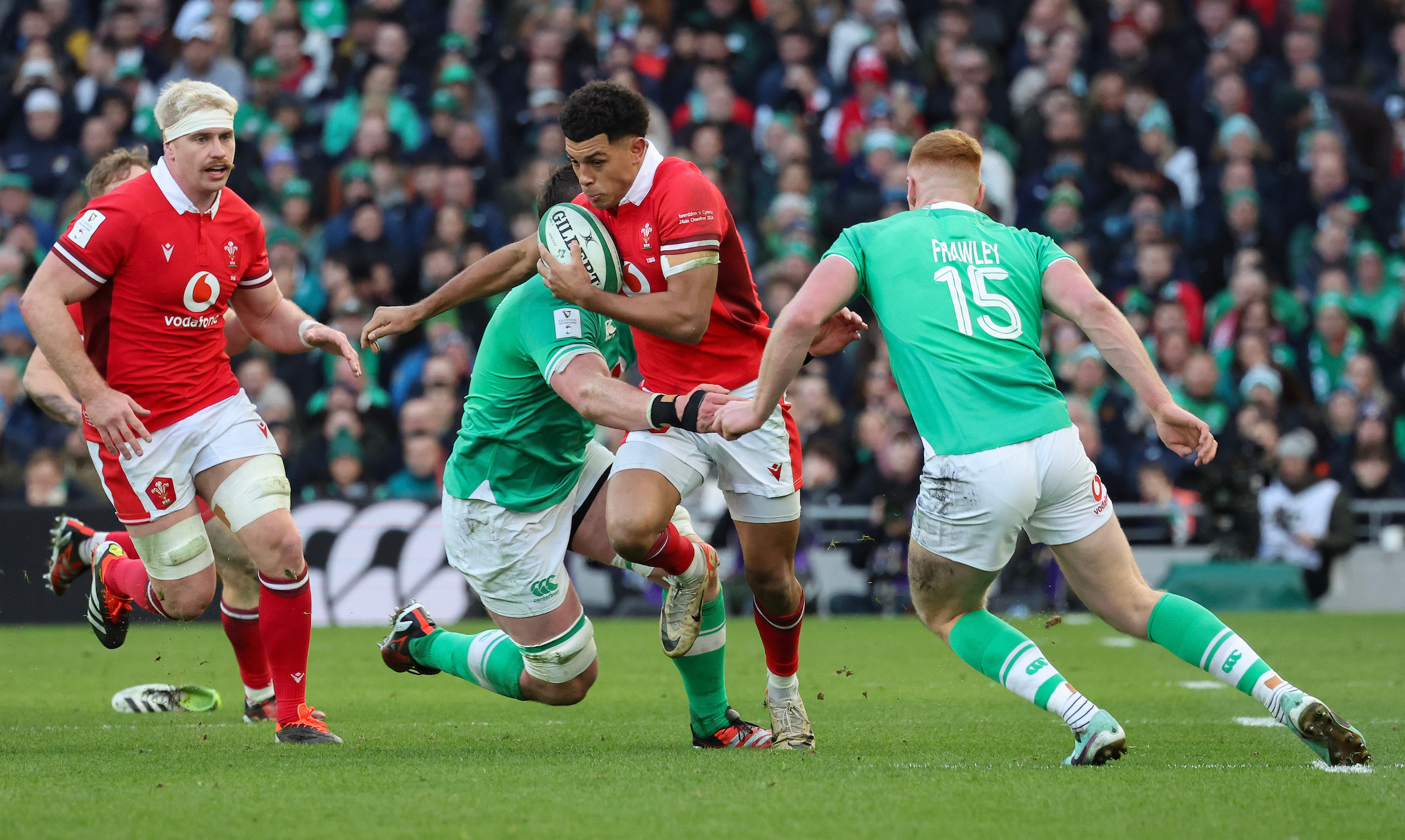
5 Nations Rebirth and the Italian Invitation (1940-1999)
- France had comeback as a much more competitive side.
- France shared titles in 1954 & 55 but finally got their first title in 1959. Their first Grand Slam came in 1968.
- Scotland went on a 46-year run from 1938 to 1984 without a Championship (excluding two shared ones).
- Rugby went professional in 1995.
- Italy were making a name for themselves with some noteworthy wins in 1997, which eventually led to their invite to join the competition.
- Scotland win their last title in 1999.
1947 saw the return of the Five Nations, but this time round Les Blues showed themselves to more competitive from the off, as they once again recorded their first win against Scotland. With a taste for success developing with back-to-back shared titles in 54 and 55, they finally ended their long wait to stand a top the pile in 1959 when they finally claimed wins over Scotland and Wales. With a draw against England being enough for the title to cross the channel for the first time.
An incredibly competitive period was highlighted by the number of shared championships until the late 80’s (seven times). No season proved that more than the 1973 Championship where it ended in a five-way tie with Ireland’s 6-4 win over France on the last day preventing Les Blues from claiming the title outright.
While many know the Azzurri as a key component of modern rugby, their time as an elite nation is still in its infancy compared to five teams they challenge every year. Their eventual addition came of the back of impressive results in 1997, as they beat France, Scotland, Ireland (home and in Ireland) and narrowly lost to Wales 23-20 in Cardiff.
As the 5 Nations reach its later years England and France claimed most of the titles from the late 80’s and early 90’s. While both sides, along with Ireland and Wales, have gone on to win in the modern day 6 Nations, this marked the end of the winning trail for one side, as Scotland would claim their most recent championship in the final 5 Nations in 1999. Their 36-22 win against France at the Stade de France was the last time the Scots were atop the Northern hemisphere as their 25 year long wait goes on.
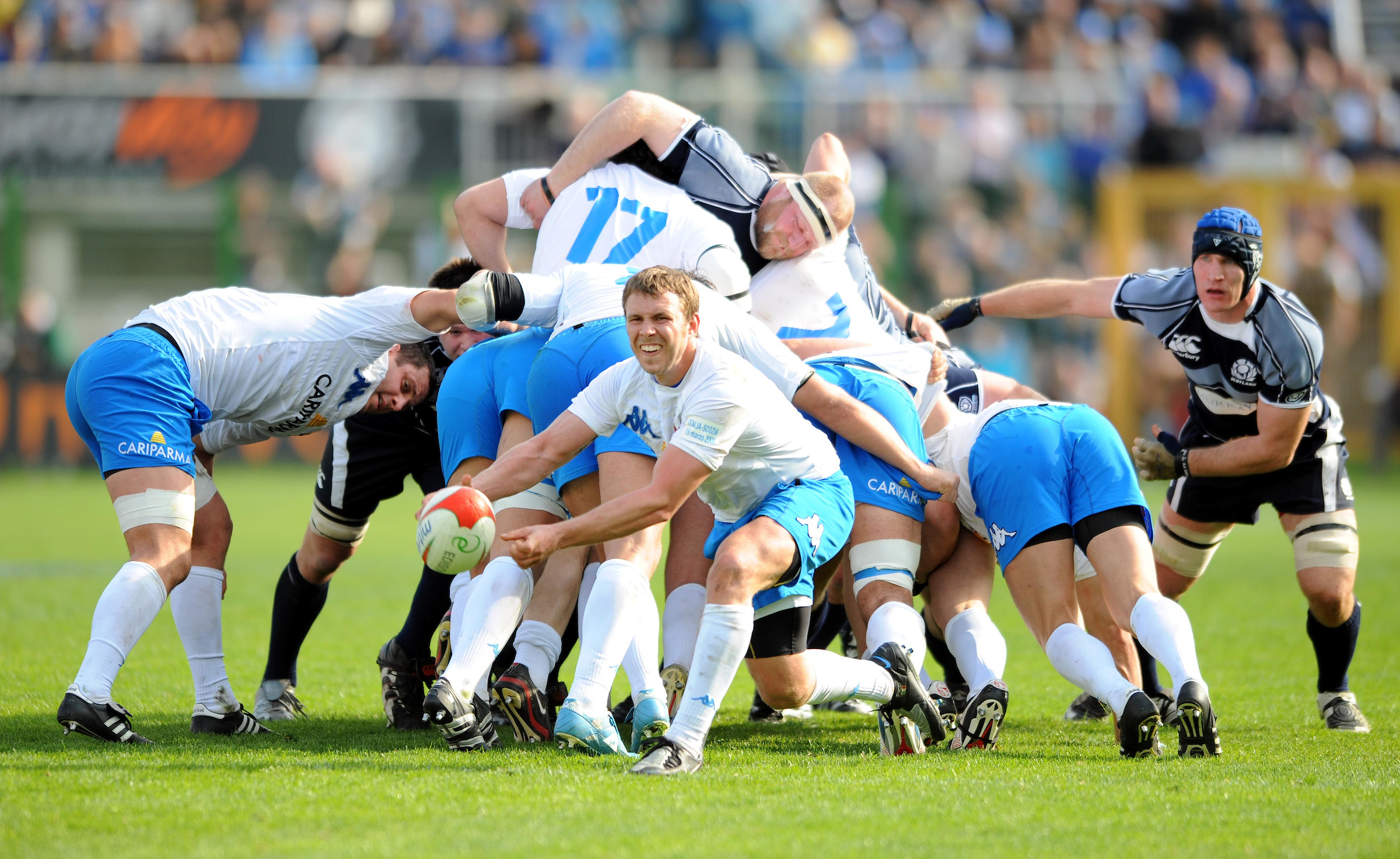
Modern Day 6 Nations (2000-Present)
- While having a positive start, Italian rugby have struggled throughout the 6 Nations era.
- Only England and Ireland have avoided the Wooden Spoon.
- The Azzurri went seven years without winning a game in the competition.
While Italy’s time in the 6 Nations may have been marred with a mountain of defeats and wooden spoon finishes. They did start off on the right foot with a debut win over reigning 5 Nations Champions Scotland in a 34-20 victory at the Stadio Olimpico in the opening game of the first ever 6 Nations. Since then, Italy have finished last 18 times out of 25 tournaments, with England and Ireland yet to taste the displeasure of finishing bottom of the table. While that was the case, Italian rugby has been on the rise on the international stage in recent years with their 22-21 over Wales ending their 36-game losing run in the 6 Nations, which seemed to spark the current excitement from the Azzurri faithful.
At the other end of the table Wales, France, England and Ireland have all had their turns at being the best of Northern hemisphere, with the Irish currently being the top side, as they sit second in the world rankings, having won the last two championships.

